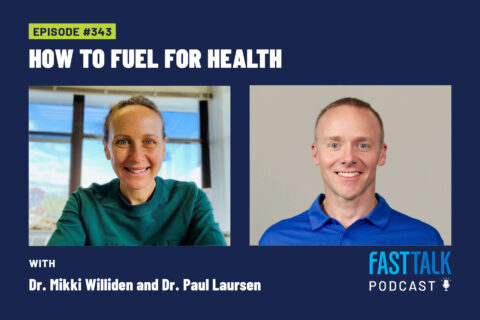
How to Fuel for Health
There’s an important difference between fueling for performance and fueling for health. In this episode, Dr. Mikki Williden and Dr. Paul Laursen give their suggestions on how to fuel for health.
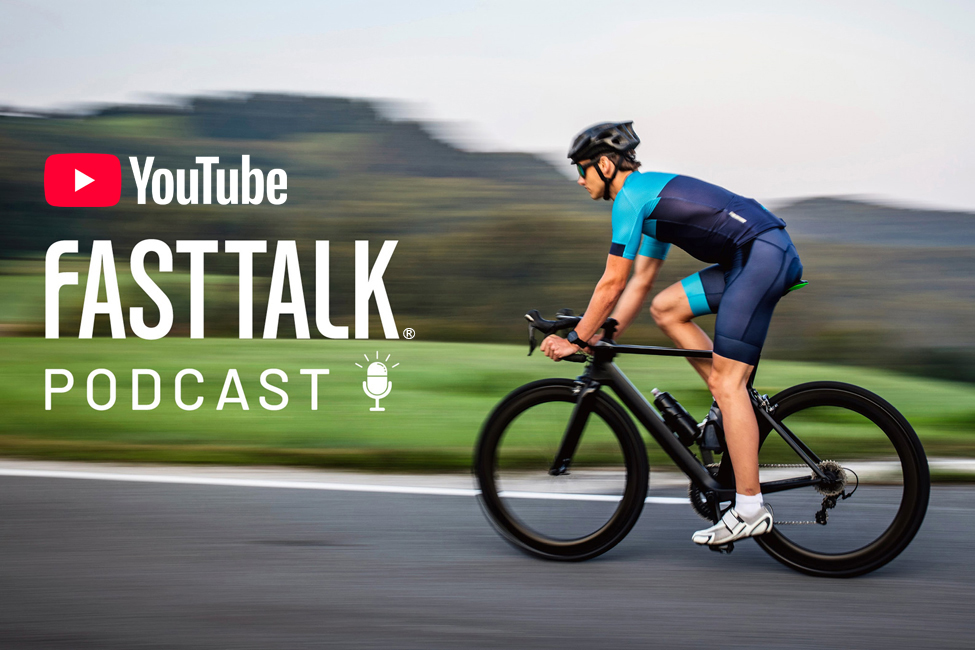
The Fast Talk Podcast focuses on the science of endurance sports in a conversational and informative style. Mixed into the deep discussions, there are tips and takeaways regarding endurance training philosophy, human physiology, workout design, performance nutrition, and sport psychology.
Our hosts Trevor Connor, Chris Case, Grant Holicky, Rob Pickels, and Julie Young explore these topics with world-class, leading experts on endurance sports. These include researchers like Dr. Stephen Seiler, Dr. Bent Ronnestand, Dr. Inigo San Millan, as well as coaches such as Joe Friel, Neal Henderson, Dr. Stacy Sims, and many more.
Subscribe to Fast Talk for over 400 episodes on Apple Podcasts, Overcast, Soundcloud, Spotify, Stitcher, or wherever you get your podcasts.
Fast Talk Podcast is now on YouTube! Subscribe now to get 150+ of our best episodes, new releases, and featured videos.

There’s an important difference between fueling for performance and fueling for health. In this episode, Dr. Mikki Williden and Dr. Paul Laursen give their suggestions on how to fuel for health.
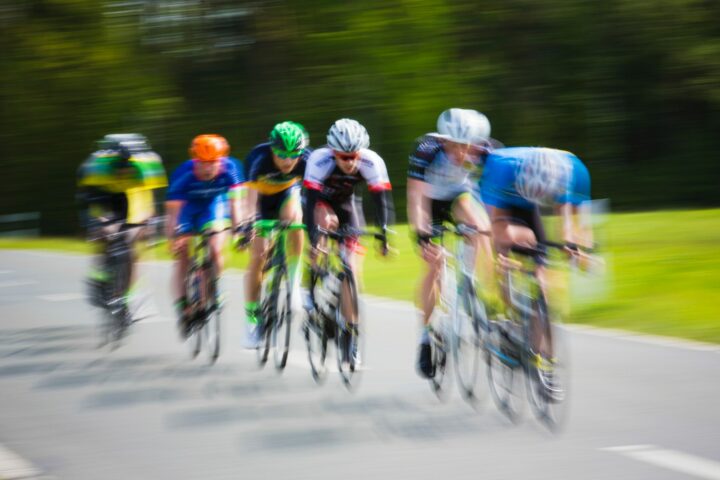
High-intensity training offers many benefits. It also has limitations. We explore just how much HIT work you need to perform at your best.
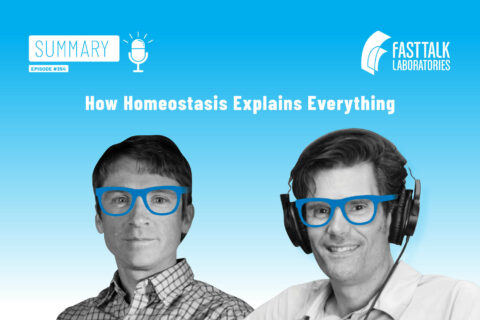
In this summary episode we discuss how homeostasis is at the core of almost every function in our bodies, including how we train and stay healthy.
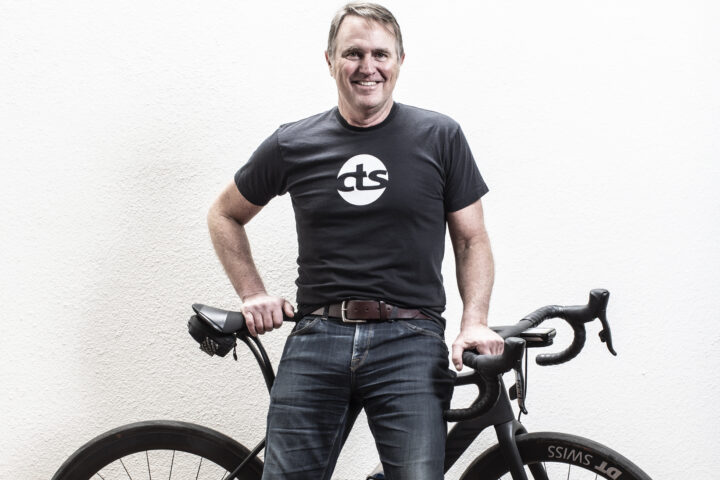
The author of “The Time-Crunched Cyclist” joins Fast Talk to discuss the science, merits, and limitations of the time-crunched training method.
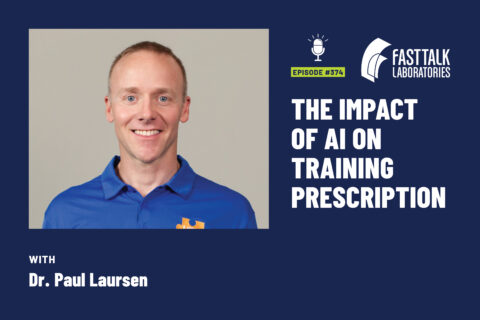
The world of AI is changing extraordinarily fast. We spoke with Dr. Paul Laursen about the current challenges and developments of the technology.
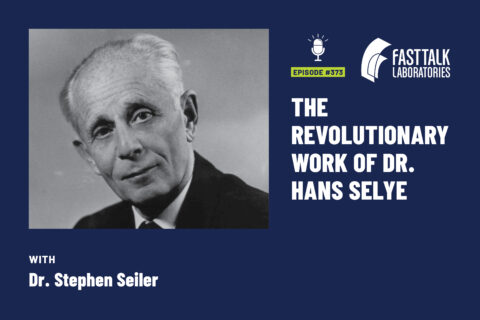
Dr. Stephen Seiler joins us to talk about one of the biggest influences on his own work, Dr. Hans Selye who’s been called the Einstein of the biological sciences.
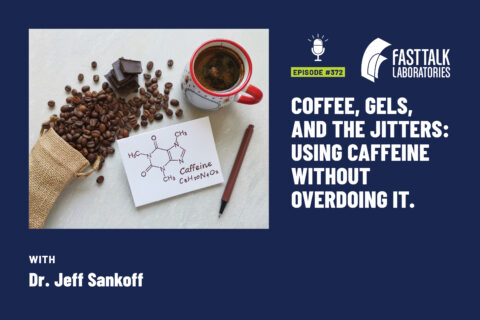
In this episode we explore the science of caffeine in endurance sports—when it helps, when it doesn’t, and how to use it wisely.
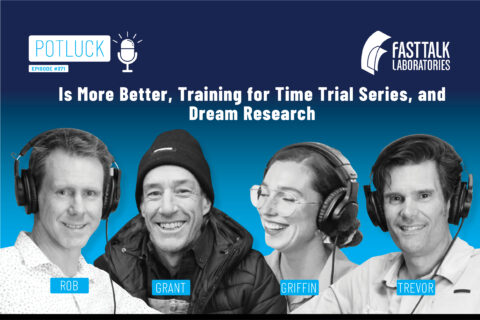
Our hosts talk about why we shouldn’t believe that more is always better, how to build a weekly time trial series into your training, and what research we’d like to see conducted.
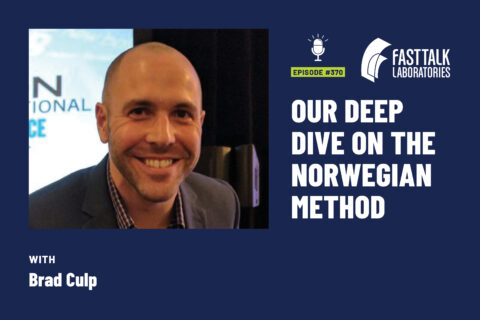
We talk with Brad Culp, author of “The Norwegian Method,” about the main tenets of the training philosophy, as well as who should and shouldn’t apply the method in their training.
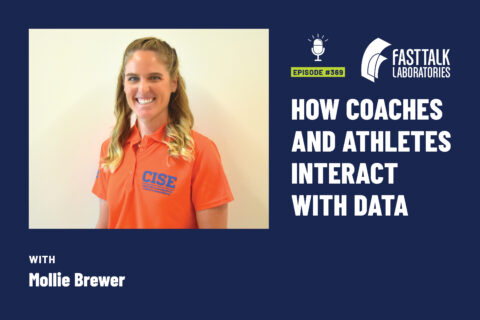
Mollie Brewer joins us to discuss how we interact with data – which can say as much about coaches and athletes as the data itself.
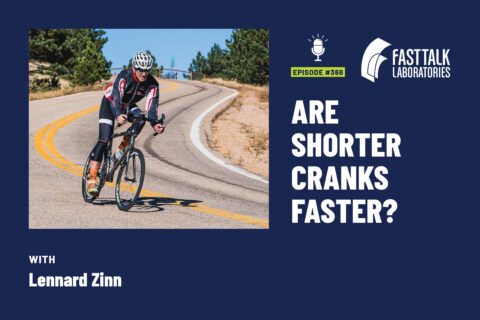
On this episode, Lennard Zinn shares his decades of experience and experimentation to help answer the question of whether shorter cranks are better.
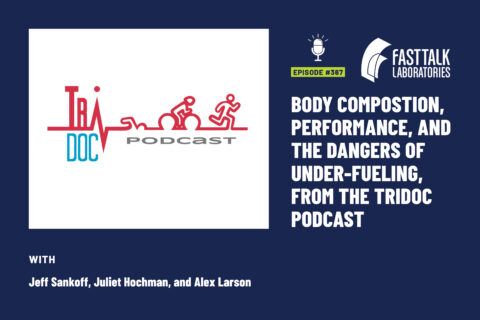
This week, we share an episode from the TriDoc Podcast. Host Jeff Sankoff is joined by dietitian Alex Larson and coach Juliet Hochman to explore the complex relationship between body composition, fueling, and performance—plus how coaches can support athletes without crossing the line.
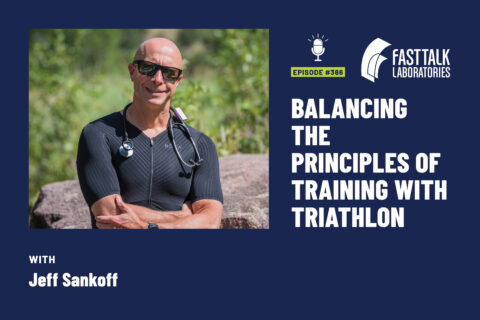
The TriDoc Jeff Sankoff joins us to talk about how to still apply the principles of supercompensation and progressive overload in a sport as complex as triathlon.
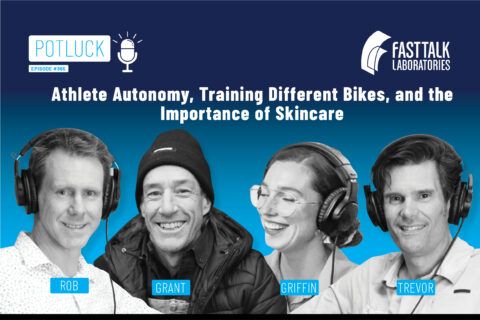
In this week’s potluck episode, we discuss the balance of athlete autonomy versus prescription, how to balance training with multiple types of bikes, and how to avoid being swayed by athlete-marketed skincare trends that may not be worth the hype.
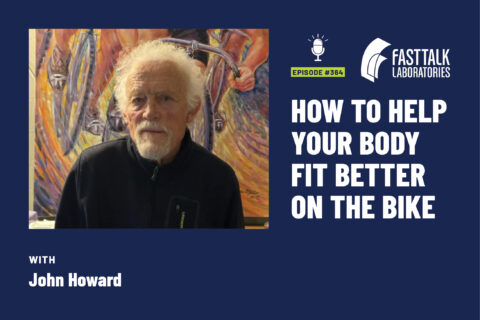
We talk a lot about fitting your bike to your body, but there’s a lot you can do to keep your body healthy and help it fit in a more powerful position on the bike.
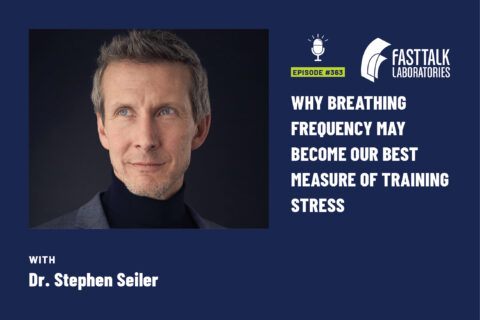
Dr. Stephen Seiler joins us to talk about his new project developing a breathing frequency measure and why it may match up better with perceived exertion than heart rate or power.
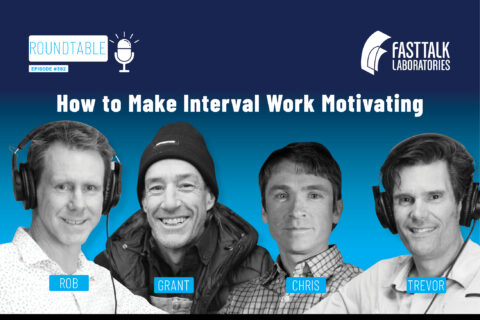
Our team of coaches got together and discussed why we do intervals, how to execute them, and most importantly, how to make them more fun.
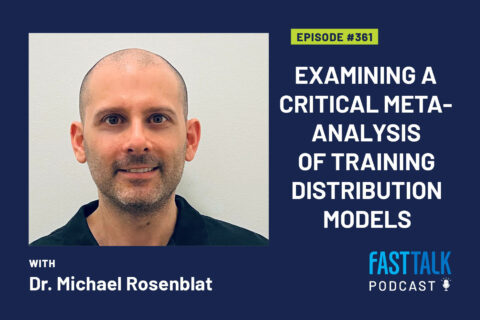
Dr. Michael Rosenblat joins us to discuss the largest meta-analysis comparing distribution models, which he co-authored with Dr. Stephen Seiler.
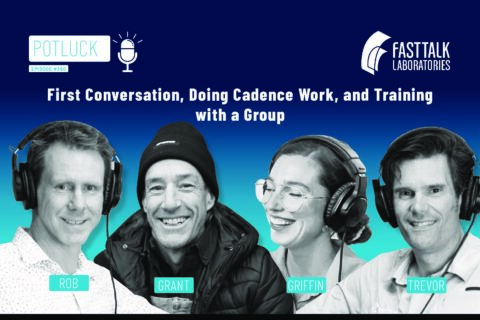
In this week’s potluck episode, we discuss what coaches should look for in their first conversation with an athlete, how to best do cadence work on the bike, and how to take advantage of group training while not losing sight of your plan.
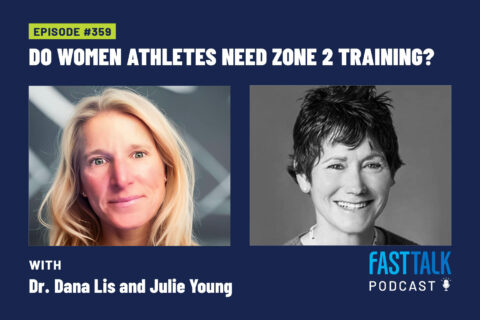
Recently, some prominent researchers have suggested that women need far less zone 2 training than previously thought. Physiologists Julie Young and Dr. Dana Lis join us to debate that question.
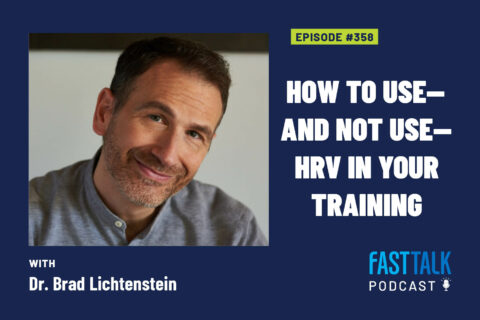
We talk with HRV expert, Dr. Brad Lichtenstein, about the value of HRV in training, what it does and doesn’t show, and what to be careful of when you use it.
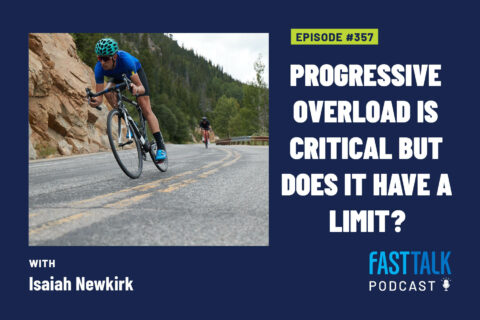
Coach Isaiah Newkirk joins us to talk about why progressive overload is so important to training, and how we can continue to get gains when we can’t add more volume or intensity.